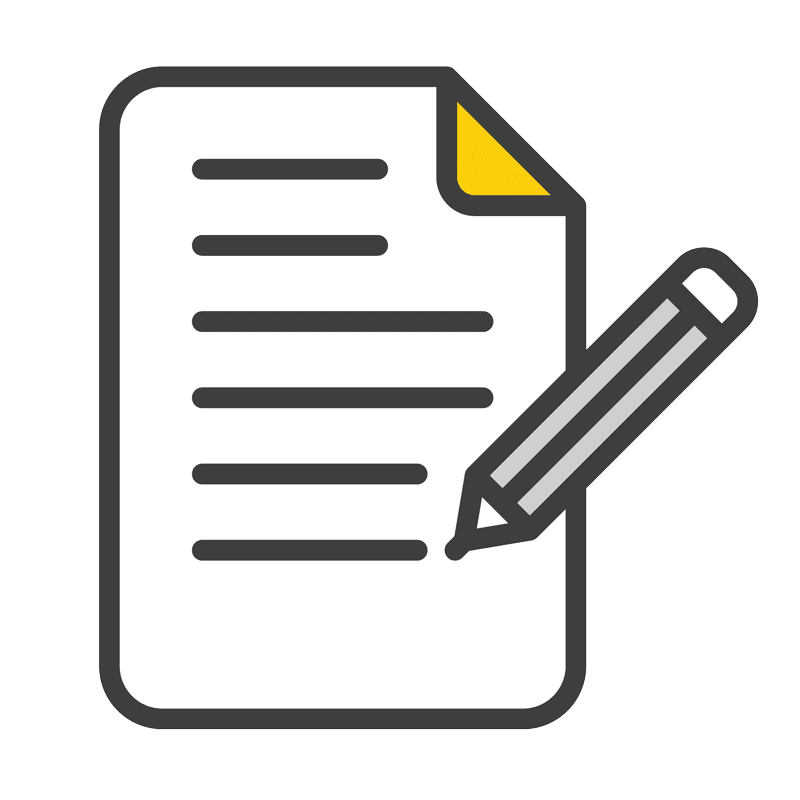Selecting an editor for your book is like finding a perfect seashell on the beach. You stroll along the shoreline, eyes scanning the sand, anticipating that moment of joy when you spot the ideal one. You’ve done the hard work of writing; now it’s time to find that special someone that you’ll keep with you — a treasure that is your very own.
First, determine what type of editing your book needs. Editing isn’t a one-size-fits-all service. There are various types of editing, each serving a different purpose:
– Developmental Editing: Focuses on the structure and content of your manuscript. Ideal for early drafts.
– Line Editing: Looks at the flow, style, and language. Perfect for refining your prose.
– Copy Editing: Checks for grammar, punctuation, and consistency. Crucial for polishing your manuscript.
– Proofreading: The final check for typos and minor errors before publication.
Assess your manuscript and decide which type of editing you need. This clarity will help you find an editor with the right skills.
Start your search by asking for recommendations. Fellow writers, writing groups, and social media can be great resources. Personal referrals often lead to trusted editors.
Storytime: One of our clients, Sarah, found her editor through a local writing group. She described the experience as finding a pearl in an oyster – unexpected but priceless.
Another way to find editors is through professional organizations like the Editorial Freelancers Association (EFA) or the Society for Editors and Proofreaders (SfEP). These organizations have directories of vetted professionals.
Evaluating Potential Editors
Once you have a list of potential editors, it’s time to evaluate them. Here are some steps to guide you:
1. Check Their Experience: Look at their portfolio and past projects. Do they have experience with your genre? An editor who specializes in romance might not be the best fit for a science fiction novel.
2. Read Testimonials: Client testimonials can provide insight into an editor’s working style and reliability. Look for patterns in the feedback – do clients consistently praise their communication skills or attention to detail?
3. Request a Sample Edit: Many editors offer a free or low-cost sample edit. This is your chance to see their work firsthand. Pay attention to their feedback – is it constructive and clear? Do they respect your voice and style?
4. Assess Their Communication: A good editor communicates well. They should be responsive, clear, and professional. This is crucial for a smooth working relationship.
Finding the right editor is also about trust and compatibility. You need someone who understands your vision and respects your voice. To return to the original metaphor, it’s like finding a seashell that fits perfectly in your hand.
One client shared a humorous story about his search. He said, “Finding my editor was like online dating – lots of profiles to go through, some awkward first dates, but when I found ‘the one,’ I knew it immediately.” We all know the challenge it can be to find that perfect match, but the search is worth it.
When you’ve found a potential editor, discuss the terms of your collaboration. A written contract is essential. It should outline:
– Scope of Work: Clearly define the type of editing and specific tasks.
– Timeline: Agree on deadlines for the various stages of editing.
– Payment Terms: Specify the fee, payment schedule, and any additional costs.
– Revisions: Understand how many rounds of revisions are included and what happens if you need more.
A contract protects both parties and sets clear expectations.
With PaperBlazer, all of this is included so you do not need to worry about all of these fuzzy details. We set the terms clearly and fairly so there are no surprises. (For very long books, we may need a few more days, but we will let you know if that is the case.) The benefit of working with PaperBlazer is that you don’t have to worry about a lone editor swindling you into a bad contract.
To illustrate the impact of a good editor, let’s share some true stories:
Maria’s Manuscript Transformation: Maria had written a historical fiction novel. She felt it was good but not great. She hired an editor who specialized in her genre. The editor’s developmental feedback transformed the manuscript. Maria described the process as “magic,” turning a rough draft into a polished gem.
Tom’s Tight Timeline: Tom was on a tight deadline for his thriller novel. He needed an editor who could work quickly without compromising quality. He found an editor who not only met the deadline but also offered invaluable insights. Tom’s book went on to become a bestseller, and he credits his editor for helping him cross the finish line.
An editor is more than a service provider; they are a partner in your literary journey. They offer guidance, support, and expertise, making the path to publication smoother and more enjoyable.
Imagine this: You’ve spent months, maybe years, writing your book. A good editor is like that trusted friend who walks with you, offering a steady hand and a keen eye, ensuring you reach your destination successfully.
Once you’ve selected an editor, the collaboration begins. Here are some tips to make the process smooth and productive:
1. Be Open to Feedback: Remember, your editor is there to help. Be open to their suggestions and consider their advice.
2. Communicate Clearly: Keep the lines of communication open. If you have concerns or questions, address them promptly.
3. Respect Deadlines: Respect the agreed-upon deadlines. This helps maintain a professional relationship and ensures the project stays on track.
4. Stay Involved: Editing is a collaborative process. Stay involved and engaged. Your input is valuable.
Selecting an editor for your book is a journey filled with anticipation, discovery, and joy. It’s about finding that perfect fit – someone who understands your vision and supports you throughout the process. Like finding a seashell on the beach, the right editor is a treasure.
So, take your time, do your research, and trust your instincts. When you find the right editor, you’ll know it. They will be your partner, your guide, and your biggest supporter, helping you turn your manuscript into a masterpiece.
Happy writing and happy editing!

We provide world-class proofreading and editing service — with same-day turnaround and expert review.
Sign up for coupons, writing tips, and more.
© 2026 PaperBlazer. All Rights Reserved.

Need help with proofreading or editing? Get complimentary access to our free step-by-step manual — featuring 30 pages of expert tips!

Don't miss this. One time only! Save 10% on your first order.

OVERNIGHT ORDERS
You may order basic, plus, or premium service.
Although very rare, overnight premium might be slightly delayed (by 1 to 6 hours), depending on the length of the document. If that is an issue, please chat or email us, and we will expedite your order as much as possible.
If you approve of 18-hour service for premium service, use coupon 18HRSERVICE as a special discount for overnight orders.
All other orders will be processed as normal.